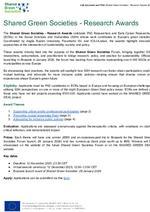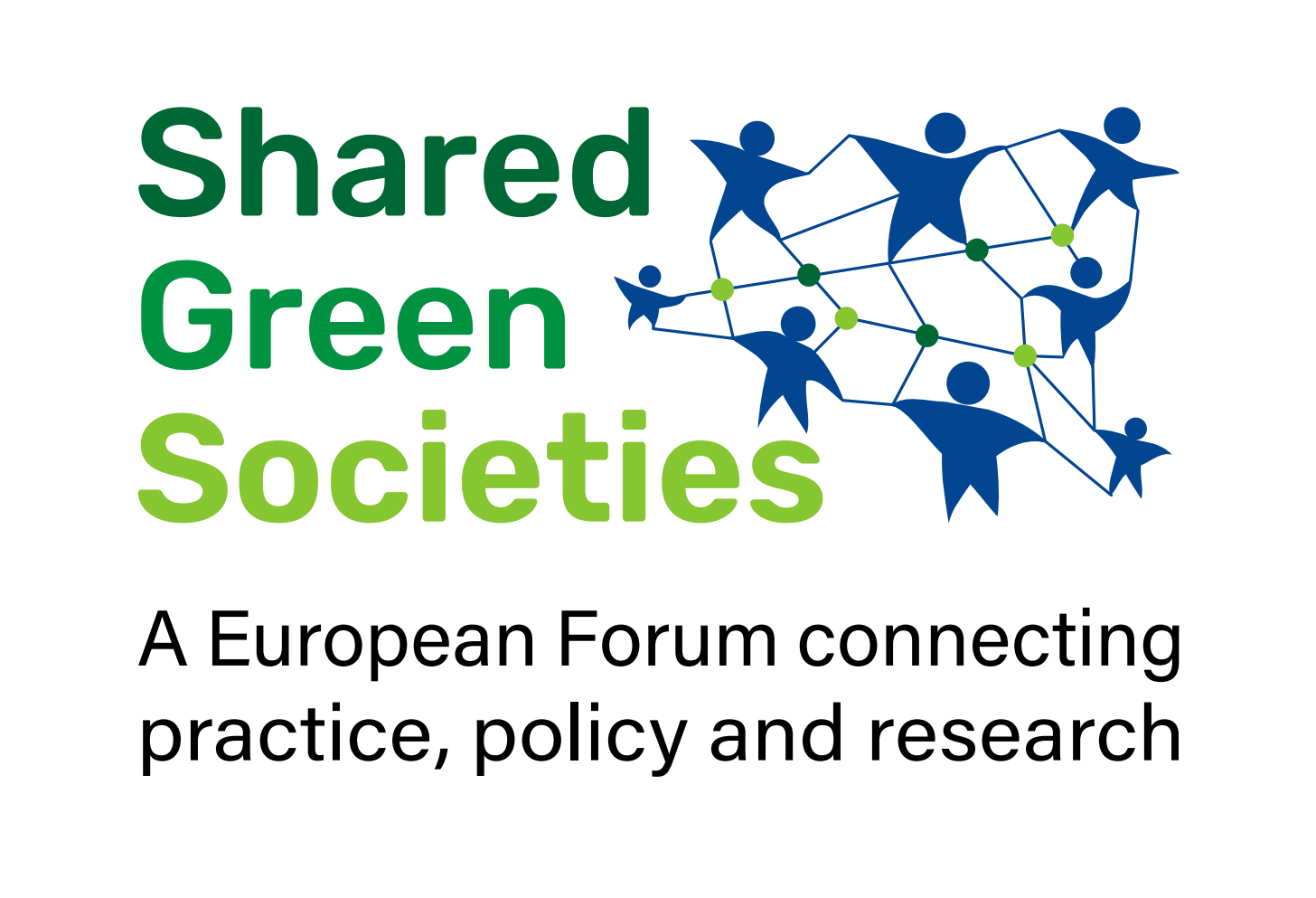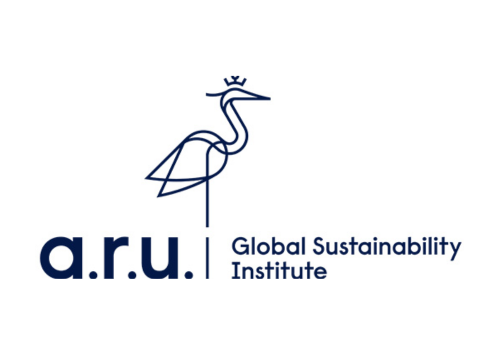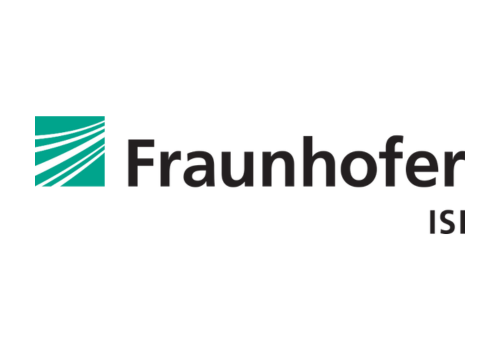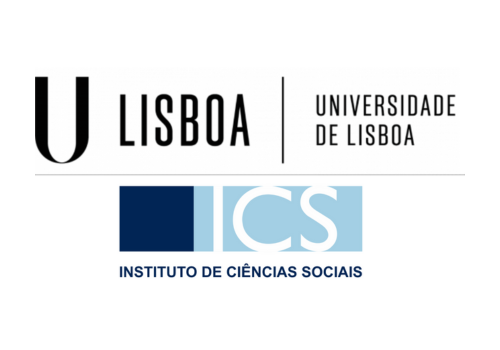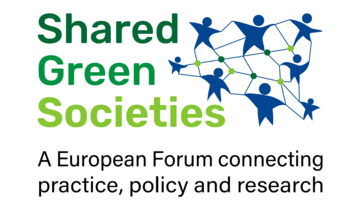Shared Green Societies - Research Awards
The Shared Green Societies - Research Awards celebrate PhD Researchers and Early Career Researchers (ECRs) in the Social Sciences and Humanities (SSH) whose work contributes to Europe’s green transition. Coordinated by Anglia Ruskin University, Fraunhofer ISI, and ICS-ULisboa, the awards highlight innovative approaches at the intersection of sustainability, society, and policy.
These awards directly feed into the purpose of the Shared Green Societies Forum, bringing together SSH researchers, policymakers, and practitioners to bridge research, policy, and practice for sustainability. Officially launching in Brussels in January 2026, the forum has backing from networks representing over 4 000 NGOs and municipalities across Europe.
By showcasing best practices, the awards will spotlight how SSH research can foster citizen participation, enable mutual learning, and advocate for more inclusive public policies—helping ensure that diverse voices and experiences shape Europe’s green future.
Eligibility: Applicants must be PhD candidates or ECRs based in Europe and focusing on European challenges, utilising SSH perspectives on one or more of the eight European Green Deal policy areas. ECRs are defined as those who have not led projects exceeding €100 000. Applicants cannot have worked on the SHARED GREEN DEAL project.
Award Themes
Deadline
12 November 2025. 23.59 CET
Other key dates:
- Virtual awards ceremony: 12 December 2025, 12:00–13:00 CET
- Brussels launch event of Shared Green Societies: 28 January 2026
Evaluation
Applications are assessed anonymously against theme-specific criteria, with emphasis on clarity, critical reflection, and demonstrated impact.
Prizes
Each theme will have one winner (€500 and an expenses-paid trip to Brussels for the Shared Green Societies Forum launch, 28 January 2026) and two runners-up (book prize worth up to €85). Winners will be showcased on the website of the future Shared Green Societies Forum or on the SHARED GREEN DEAL website.
How to apply
Applications should be submitted via this link.
- The application form asks for some short details about the applicant, and then an upload of one-page overview of the applicant’s research, responding to the specified theme’s evaluation criteria.
Before beginning the process it's strongly encouraged to read through the brief Call Document and FAQ.
Supporting partners
Connected activities


CONTACT
For further details please contact co-leads Professor Chris Foulds (chris.foulds@aru.ac.uk) and Professor Rosie Robison (rosie.robison@aru.ac.uk).

This project has received funding from the European Union’s Horizon 2020 research and innovation program under grant agreement No 101036640. The sole responsibility for the content of this website lies with the SHARED GREEN DEAL HAS project and does not necessarily reflect the opinion of the European Union.
